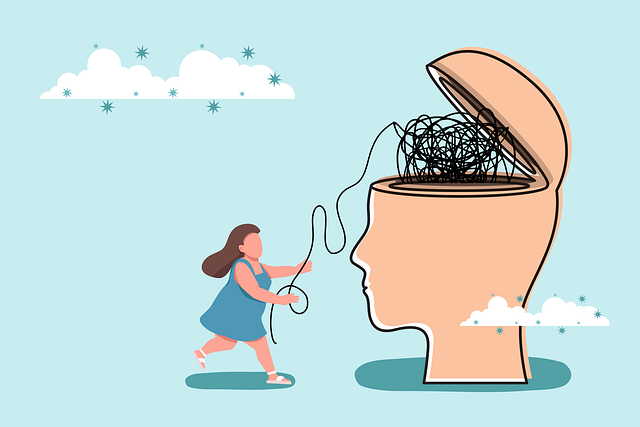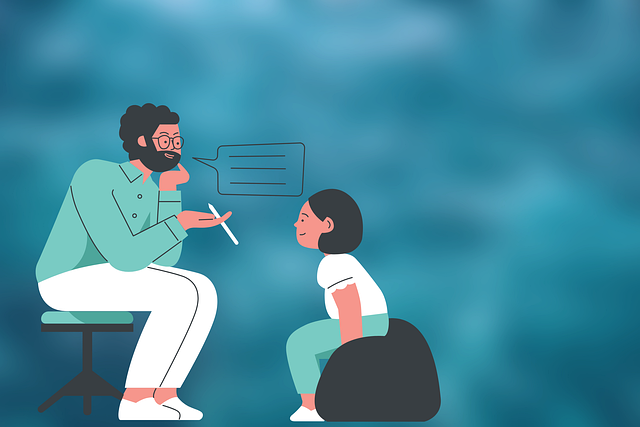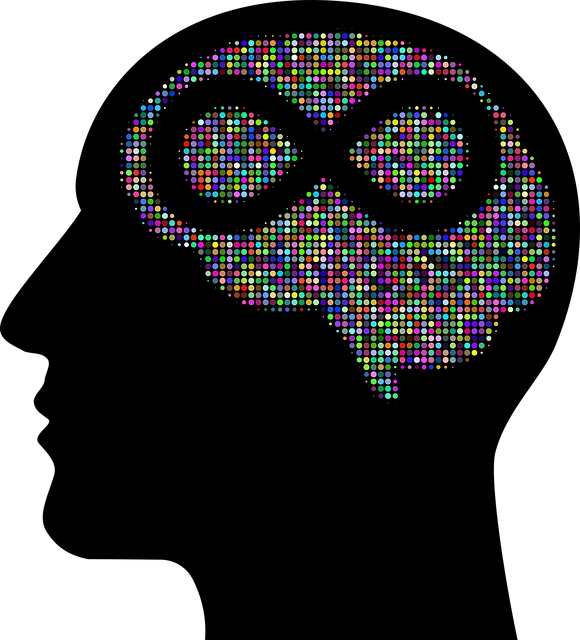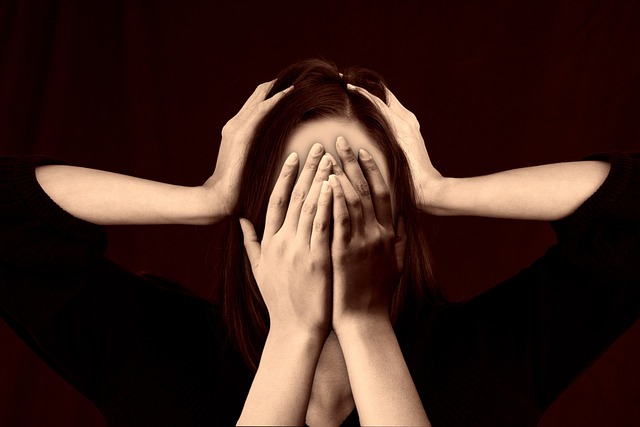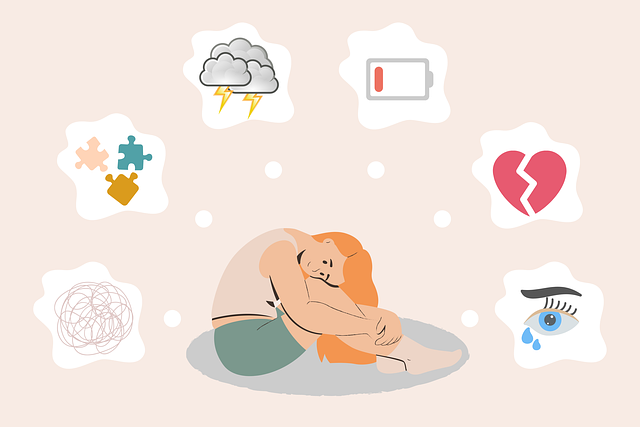Mental wellness apps provide accessible therapy options for adults, addressing common challenges like stress and anxiety through tailored exercises and coping mechanisms. These platforms offer bariatric evaluations as part of comprehensive care pre- and post-surgery. Key features include text/video chats with licensed therapists, mood tracking tools, guided meditations, mindfulness techniques, compassion cultivation practices, and stress management workshops. Intuitive UX design catering to individual needs, combined with Mind Over Matter Principles and specific modules for adult mental health concerns (including bariatric evaluations), enhances user experience and empowers individuals to manage their mental wellness effectively.
In today’s digital age, mental wellness apps are revolutionizing access to support and resources. This article explores the growing significance of these applications in addressing diverse needs, from therapy for adults to bariatric evaluations. We delve into key features essential for comprehensive mental health apps and emphasize designing effective user experiences for optimal engagement. By integrating these elements, developers can create powerful tools that enhance overall well-being.
- Understanding Mental Wellness Apps and Their Growing Significance
- Targeting Specific Needs: Therapy for Adults and Bariatric Evaluations
- Key Features to Incorporate in a Comprehensive Mental Wellness App
- Designing an Effective User Experience for Optimal Engagement
Understanding Mental Wellness Apps and Their Growing Significance

Mental wellness apps have emerged as powerful tools in addressing various aspects of mental health, from anxiety relief to social skills training and crisis intervention guidance. These digital platforms offer accessible therapy for adults seeking support for a range of issues, including those related to bariatric evaluations. With the increasing demand for convenient and discreet mental healthcare solutions, their significance continues to grow.
In today’s fast-paced world, people are recognizing the importance of prioritizing their mental wellness alongside physical health. Mental wellness apps cater to this need by providing personalized resources, exercises, and coping mechanisms tailored to individual users. Whether it’s helping individuals manage stress, overcome fears, or develop healthier habits, these apps play a crucial role in promoting overall well-being.
Targeting Specific Needs: Therapy for Adults and Bariatric Evaluations

Mental wellness apps have evolved to cater to diverse user needs, and one area that requires dedicated attention is therapy for adults. Many individuals struggle with mental health issues unique to adulthood, such as stress, anxiety, depression, and work-life balance challenges. Customized digital therapy solutions can provide accessible and effective support. These apps often incorporate features like mental wellness journaling exercise guidance and mindfulness practices tailored to adult experiences.
Additionally, the integration of bariatric evaluations within these platforms is a significant step towards comprehensive mental wellness. Bariatric surgery patients face distinct psychological challenges post-surgery, including body image adjustment, emotional eating patterns, and social skills difficulties. Apps designed with these specific needs in mind can offer pre- and post-surgery support, social skills training, and risk assessment tools for mental health professionals to monitor patient progress effectively.
Key Features to Incorporate in a Comprehensive Mental Wellness App

In developing a comprehensive mental wellness app, incorporating key features that cater to diverse user needs is essential. One such critical aspect is integrating therapy options for adults, allowing users to access professional support tailored to their specific challenges. This could include text-based chats with licensed therapists or video sessions for more personal interactions. Additionally, the app should facilitate bariatric evaluations, helping users monitor and manage their mental health alongside physical well-being, especially relevant in today’s world where mind and body are closely interconnected.
Other essential features include robust mood management tools that track and analyze user moods over time, providing insights to help them understand and regulate their emotional states. Stress management workshops and organization features can also be valuable additions, offering guided meditations, breathing exercises, and mindfulness techniques to equip users with effective coping mechanisms. Compassion cultivation practices have gained prominence in mental wellness, so incorporating these into the app’s content can foster a supportive and compassionate environment for users’ journeys towards improved mental health.
Designing an Effective User Experience for Optimal Engagement

In developing a mental wellness app, designing an effective user experience (UX) is paramount for optimal engagement and long-term success. The interface should be intuitive and accessible, catering to users’ varying needs and preferences. Incorporating Mind Over Matter Principles can foster a sense of agency and empowerment, encouraging consistent use. For instance, integrating features like personalized meditation practices or cognitive-behavioral techniques aligned with each user’s unique journey can significantly enhance their experience. Moreover, ensuring accessibility for diverse users, including those seeking bariatric evaluations or struggling with trauma, expands the app’s reach and appeal.
Effective UX design also involves tailoring content delivery to address specific mental health concerns. Incorporating modules dedicated to stress reduction methods, mindfulness exercises, or even digital therapy sessions for adults can cater to a wide range of users. By seamlessly integrating Stress Reduction Methods and trauma support services within the app’s framework, developers can create a comprehensive platform that not only engages users but also provides valuable tools for managing mental wellness.
Mental wellness apps are transforming the way we approach our psychological well-being, offering accessible and personalized support. By targeting specific needs such as therapy for adults and bariatric evaluations, these applications cater to diverse user requirements. Incorporating key features like mood tracking, mindfulness exercises, and therapeutic content, along with a seamless user experience, ensures apps remain engaging and effective. As the demand for digital mental health solutions continues to grow, developers must focus on creating intuitive designs that foster trust and encourage regular use. This innovative approach to wellness is here to stay, revolutionizing access to care and improving lives.


